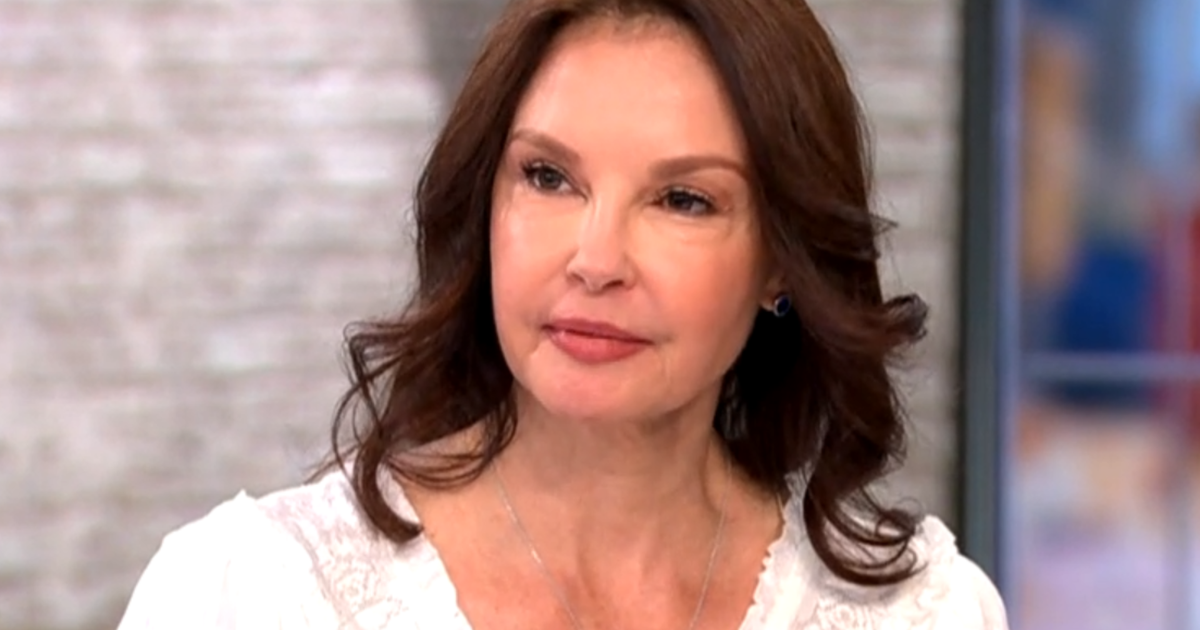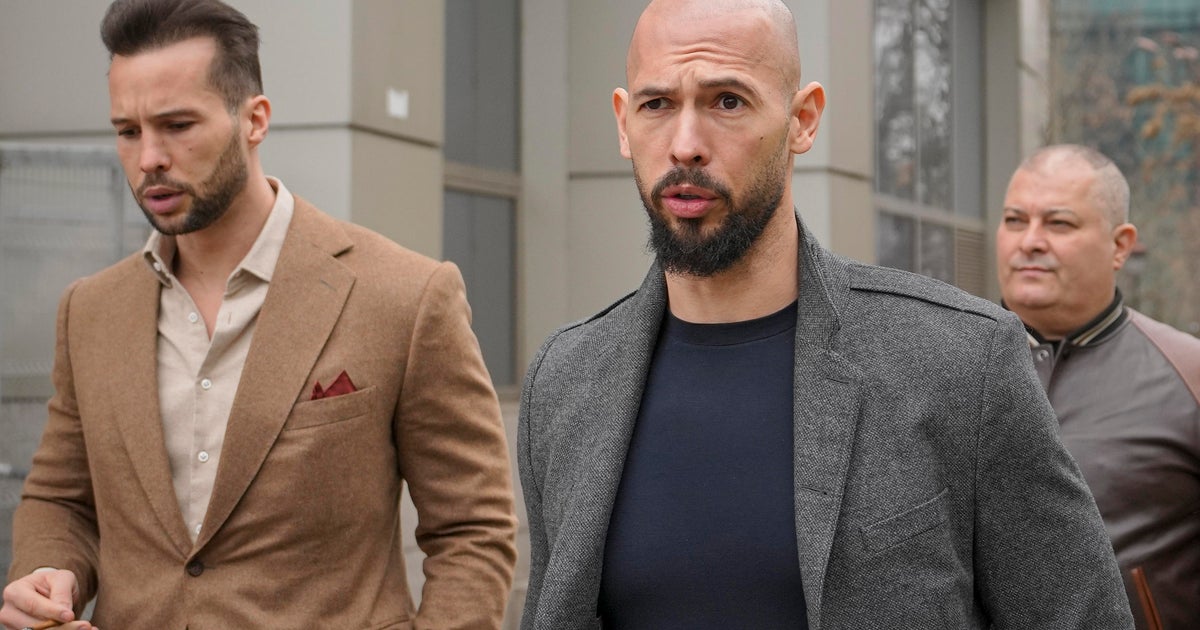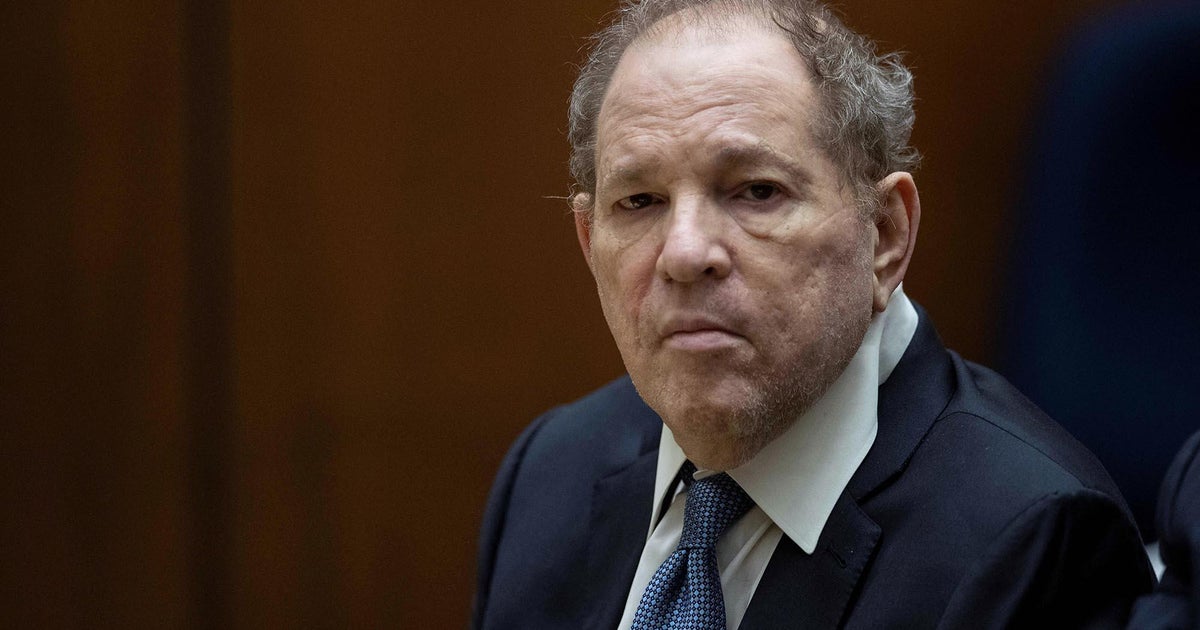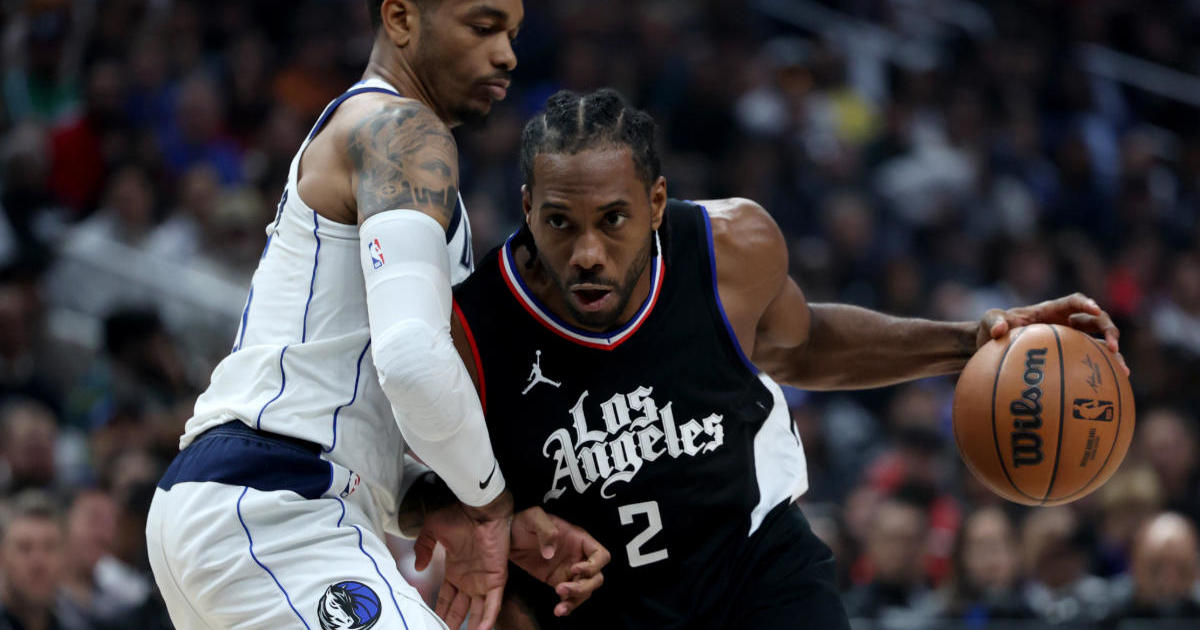Mel Gibson can testify in Harvey Weinstein's Los Angeles sexual assault trial, judge rules
Mel Gibson can testify about what he learned from one of Harvey Weinstein's accusers, a Los Angeles judge ruled Friday in the rape and sexual assault trial of the former movie mogul. Weinstein is charged with sexually assaulting five women.
The 66-year-old Gibson was one of many witnesses, and by far the best known, whose identities were revealed in L.A. County Superior Court. The judge and attorneys had taken a break from jury selection for motions on what evidence will be allowed at the trial, and who can testify. The witness list for the trial is sealed.
The alleged sexual assaults span from 2004 to 2013, and most occurred in hotel rooms in L.A. and Beverly Hills, prosecutors said.
Judge Lisa B. Lench ruled that Gibson can testify in support of his masseuse and friend, who will be known as Jane Doe #3 at the trial. Weinstein is accused of committing sexual battery by restraint against the woman, one of 11 rape and sexual assault counts in the trial against the 70-year-old Weinstein, who is already serving a 23-year prison sentence for a conviction for rape and sexual assault in New York.
Prosecutors said that after getting a massage from the woman at a hotel in Beverly Hills in May of 2010, a naked Weinstein followed her into the bathroom and masturbated. Weinstein has pleaded not guilty, and denied any non-consensual sexual activity.
Weinstein's attorneys argued against allowing Gibson to testify, saying that what he learned from the woman while getting a massage from her does not constitute a "fresh complaint" by the woman under the law by which Gibson would take the stand. A "fresh complaint" under California law allows the introduction of evidence of sexual assault or another crime if the victim reported it to someone else voluntarily and relatively promptly after it happened.
Prosecutors said that when Gibson brought up Weinstein's name by chance, the woman had a traumatic response and Gibson understood from her that she had been sexually assaulted. Gibson did not remember the timing of the exchange, but the prosecution will use another witness, Allison Weiner, who remembers speaking to both Gibson and the woman in 2015.
Judge Lench said Gibson's testimony will depend on how the accuser describes the exchange with him when she takes the stand, and she may choose to rule against it at that time.
Weinstein attorney Mark Werksman then argued that if Gibson does take the stand, the defense should be allowed to cross-examine him about widely publicized antisemitic remarks Gibson made during an arrest in 2006, and about racist statements to a girlfriend that were recorded and publicized in 2010.
Lench said a wider discussion of Gibson's racism was not relevant to the trial, but she would allow questioning of whether he had a personal bias and animus toward Weinstein.
Werksman argued that Gibson had such a bias both because Weinstein is Jewish, and because Weinstein published a book that criticized the depiction of Jews in the Gibson-directed 2004 film, "The Passion of the Christ."
Gibson's testimony raises the prospect of two of Hollywood's once most powerful men, who have undergone public downfalls, facing each other in court.
An email seeking comment from a representative for Gibson was not immediately returned.
In one of several similar rulings Friday, Lench also found that "Melrose Place" actor Daphne Zuniga could testify in a similar capacity for a woman known at the trial as Jane Doe #4, whom Weinstein is accused of raping in 2004 or 2005.
The Associated Press does not typically name people who say they have been sexually abused.
In February 2020, a Manhattan jury found Weinstein guilty of third-degree rape for sexually assaulting an actress in a New York City hotel room in 2013, and one count of a criminal sex act for forcing oral sex on a former production assistant in 2006.
In August, a New York judge granted Weinstein's application to appeal the conviction.
In June, meanwhile, British prosecutors also charged Weinstein with sexually assaulting a woman back in 1996.
He was extradited to L.A. in July 2021 for a trial that began Monday, five years after women's stories about him gave massive momentum to the #MeToo movement.
Friday's arguments came a day after the premiere of the film "She Said," which tells the story of the work of the two New York Times reporters whose stories brought Weinstein down.
Weinstein's attorneys previously sought to have the Los Angeles trial delayed because publicity from the film might taint the jury pool, but the judge denied their motion.
The trial is expected to last eight weeks. The judge and attorneys will return to the jury selection process on Monday morning, and opening statements are expected to begin on Oct. 24.
Jennifer Siebel Newsom, wife of California Gov. Gavin Newsom, is one of the five accusers, and will testify. The Associated Press does not normally name people who say they've been sexually abused, but Newsom agreed to be named through her attorney.



